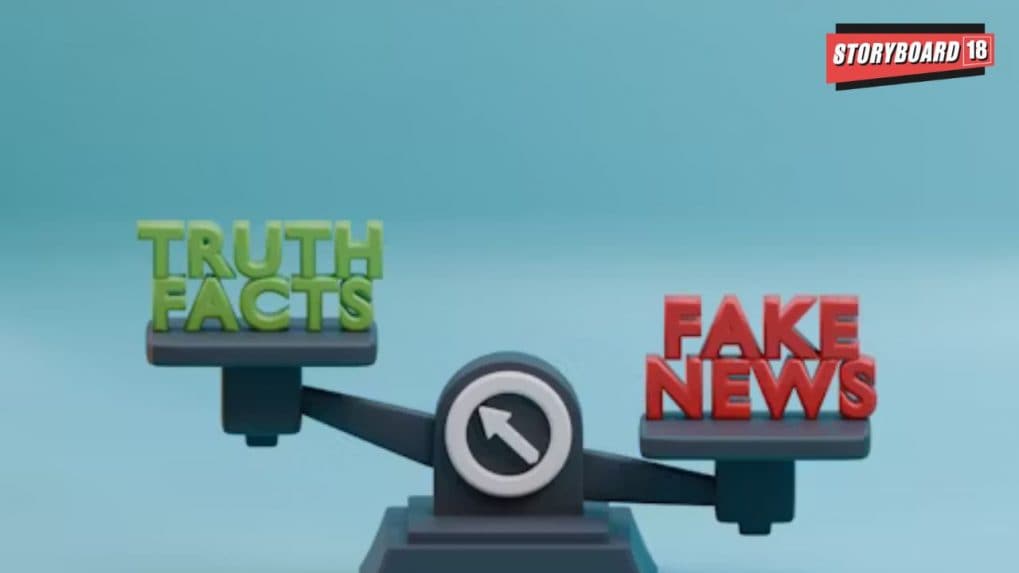PCI to brief Parl panel on Nov 24 on fake-news curb plan for creators, influencers
Storyboard18 had reported about the MIB considering substantial amendments to the Press Council Act to curb misinformation and expand PCI’s jurisdiction beyond traditional print media.
ADVERTISEMENT
The Parliamentary Standing Committee on Communications and Information Technology will convene on November 24, 2025, to evaluate India’s media regulatory landscape, with a significant focus on expanding the Press Council of India’s mandate to cover digital creators, social media influencers, and other online content producers to curb fake news.
Officials from the Press Council of India (PCI) will present their views on the proposed expansion of the Act, which aims to bring influential digital voices under a formal regulatory framework for the first time. The meeting will also include evidence and submissions from the Ministry of Information and Broadcasting (MIB) and the Ministry of Electronics and Information Technology (MeitY), reflecting the cross-sectoral impact of the planned reforms.
The committee’s agenda — “Review of implementation of laws related to all forms of media” — signals a comprehensive examination of how current regulations function across print, broadcast, and digital ecosystems. Lawmakers are expected to discuss compliance gaps, challenges posed by fast-changing digital content flows, and the need for a stronger oversight mechanism amid rising concerns around misinformation, platform accountability, and the influence of online creators.
Storyboard18 had reported about the MIB considering substantial amendments to the Press Council Act to curb misinformation and expand PCI’s jurisdiction beyond traditional print media. The updated framework would cover digital publishers, significant content creators, and social media influencers.
Top sources from the industry indicate that a threshold based on follower count or subscriber metrics is likely to determine which influencers fall under PCI’s purview. The draft amendment is expected to be tabled during the upcoming Parliament session.
The proposed move aligns with the government’s broader effort to strengthen accountability for creators of news and news-like content. In 2026, the government had already enforced the Norms of Journalistic Conduct under PCI and broadened the Programme Code and the Information Technology (Intermediary Guidelines and Digital Media Ethics Code) Rules, 2021, to address misinformation and defamatory content across platforms.
However, independent influencers and online creators remain outside the existing regulatory structure, even as their reach and impact rival traditional media.
The renewed push follows the Standing Committee’s Twenty-Second Report, which underscored the growing role of influencers and content creators in spreading misinformation — often for profit or ideological objectives. The panel had recommended the creation of a unified Media Council to oversee print, broadcast, and digital sectors, arguing that fragmented regulation was inadequate to tackle complex misinformation networks.
According to the committee, such networks often leverage algorithms, sensationalism, and AI-driven content to amplify false narratives.
Stakeholders appearing before the panel highlighted how certain creators exploit engagement-driven revenue models, using clickbait and fabricated narratives to drive traffic. Others, the report said, intentionally disseminate misleading content to shape public sentiment or attack political rivals, sometimes backed by organized funding.
The committee noted that existing penalties, including fines up to ₹25 lakh, warnings, and possible license revocation, do not sufficiently deter violators. It recommended a graded penalty framework that escalates from warnings and mandatory public apologies to suspensions and blocking of repeat offenders.
With the rapid rise of AI-generated content, the committee also proposed mandatory disclosure labels for AI-assisted material and suggested licensing or registration for creators using AI tools to publish news or analysis. This, it argued, would help audiences distinguish between human-produced journalism and synthetic or deepfake content.
The committee further urged MIB and MeitY to work closely with social media platforms to enforce accountability for creator-led violations. Its proposals included appointing dedicated nodal officers in India, re-evaluating safe harbour protections for intermediaries, and maintaining public transparency reports on enforcement actions.
If the amendments move forward, it would mark a historic expansion of the Press Council Act — formally bringing India’s vast influencer and digital creator ecosystem under statutory media oversight for the first time. The Standing Committee’s upcoming hearing with PCI is expected to shape the contours of this ambitious regulatory shift.


